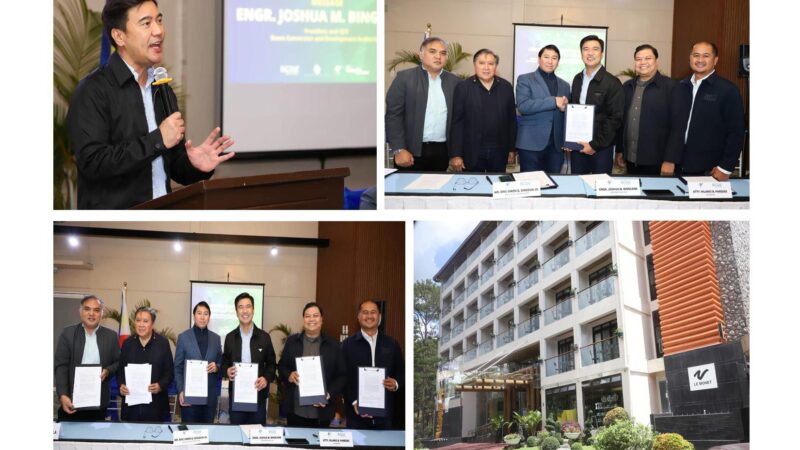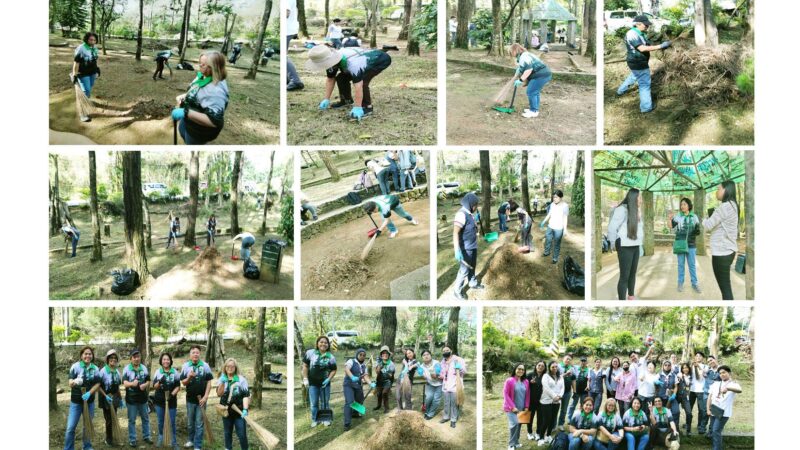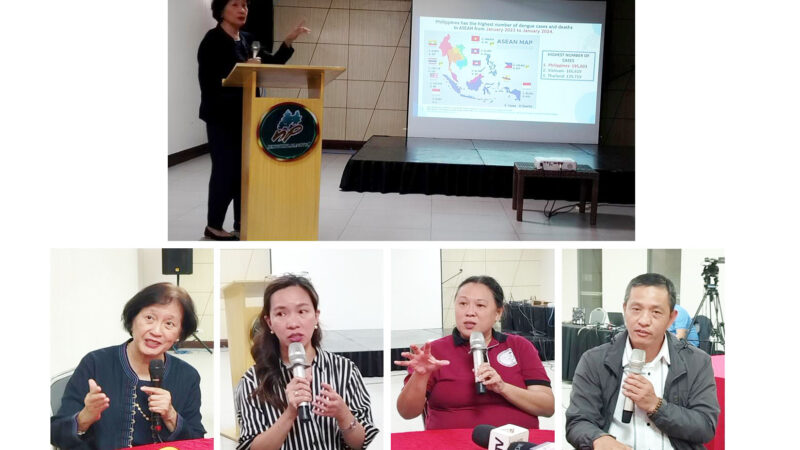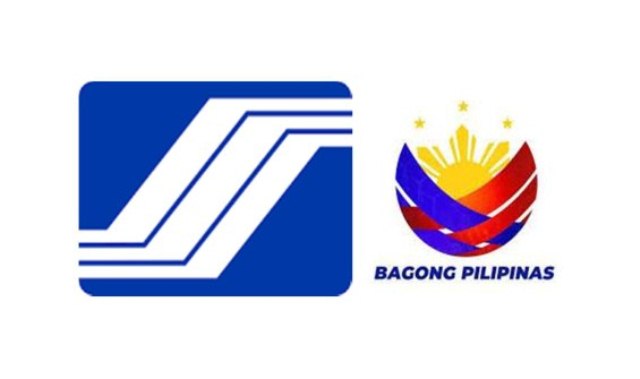Mayor wants realtime reporting of Baguio’s air quality
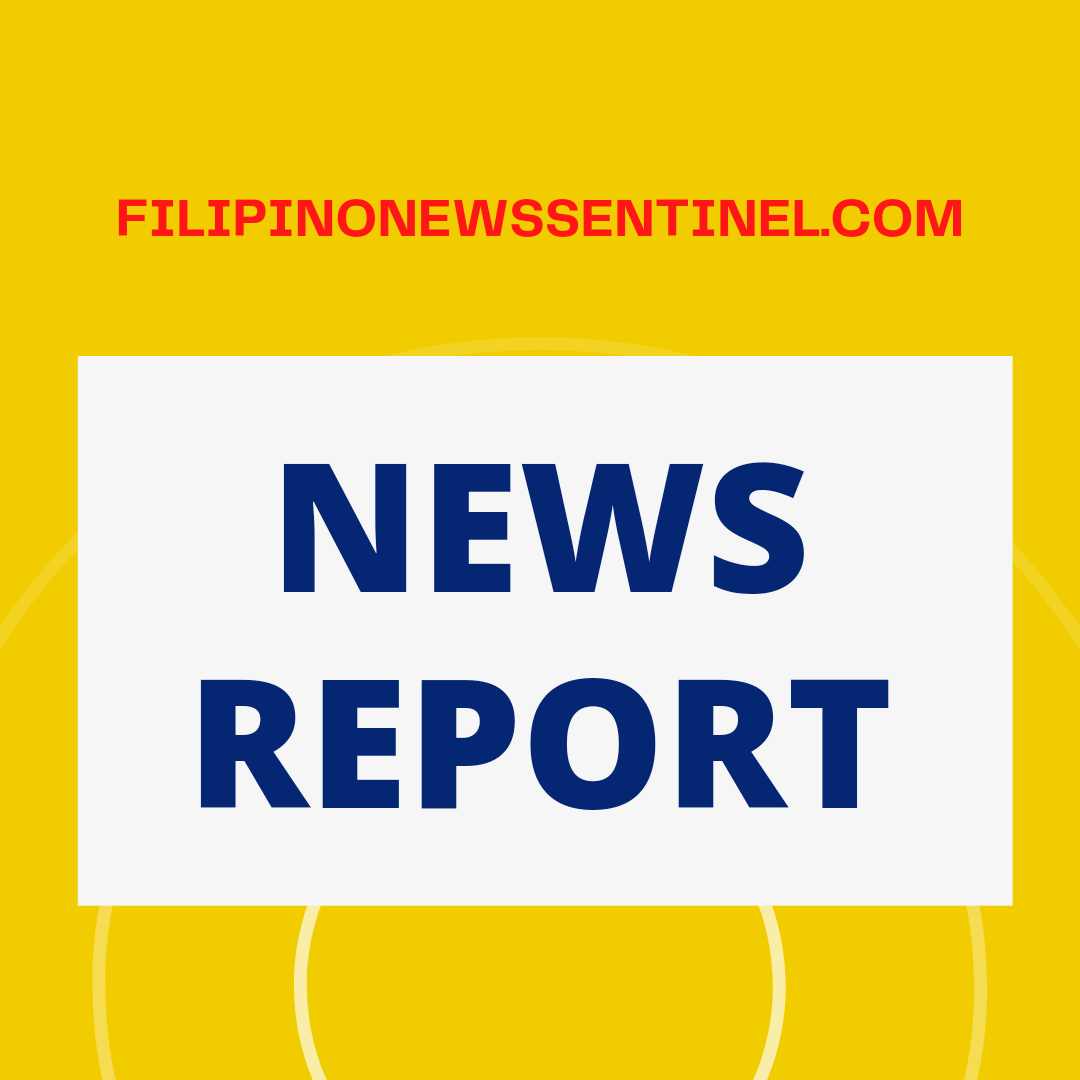
Mayor Benjamin B. Magalong directed the Management Information and Technology Division (MITD) in-charge of the Smart City Command Center (SC3) to submit a weekly report of the city’s ambient air quality.
The mayor wanted real-time data of the city’s air quality as a basis in prioritizing programs and projects for administrative funding or in partnership with appropriate private and civil society organizations.
The ambient air quality monitoring report will be culled from the facilities of the Department of Environment and Natural Resources (DENR) and will be analyzed using systems and projects at the SC3.
Adam Bert A. Lacay, Information Systems Analyst II overseeing the operations of the SC3 said air quality data is being transmitted to the City Environment and Parks Management Office (CEPMO) on a weekly basis or upon request and can be analyzed using existing systems at the SC3.
The air quality monitoring data contains the standard parameters of the DENR in measuring inhalable particulate matters with a diameter of 10 microns or less (PM10) which can induce adverse health effects; and fine particulate matters which are 2.5 microns or less in diameter (PM2. 5). It also includes reports on Nitrogen Dioxide (NO2), Sulfur Dioxide (SO2) and Carbon Dioxide (CO2).
The mayor instructed the MITD to produce an air quality monitoring dashboard with simplified technical data so that the public will understand why certain ordinances and policies related to environmental protection are being implemented in the city.
In 2020, CEPMO submitted a Roadside Ambient Air Quality Monitoring Report based on real-time monitoring data culled from the air sampler equipment installed in an area near the Baguio City Hall from March 2-31 and from April 1-15 with the mobility restrictions due to the implementation of the enhance community quarantine.
The report showed consistent low readings of air pollutants attributed to reduced motor vehicles entering the City Hall grounds. The CEPMO recommended several policy suggestions to adopt as its “new normal” sustainable environmental programs such as regular conduct of emission testing to monitor smoke belching vehicles; adoption of low carbon urban transport system; implementation of urban forests initiatives as a way to mitigate air pollution; and, establishment of walkable connections throughout the City to encourage people to walk and lessen car utilization. – JMPS


